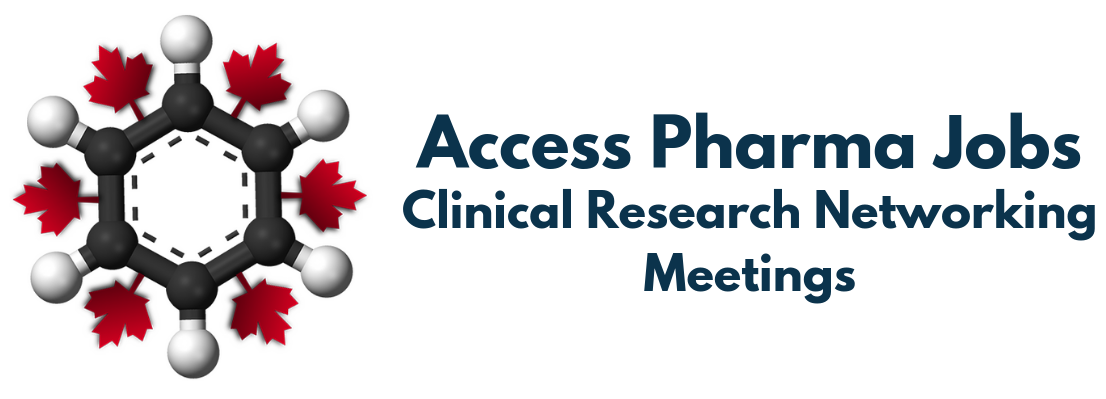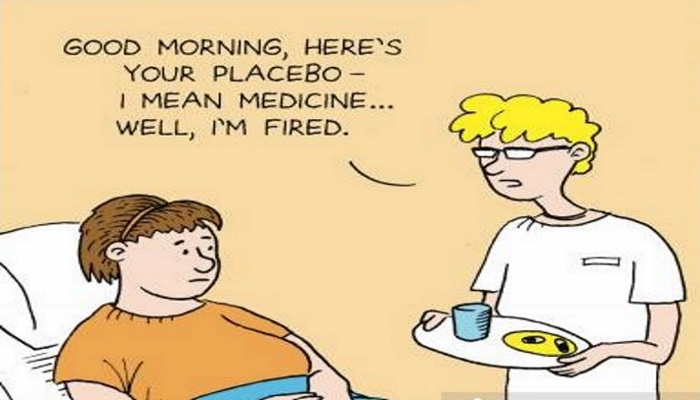*
 To assess the efficacy of a new treatment, in clinical trials the effect of the drug candidate is compared against the effect of placebo. It resembles to the original drug, but contains no active ingredients.
To assess the efficacy of a new treatment, in clinical trials the effect of the drug candidate is compared against the effect of placebo. It resembles to the original drug, but contains no active ingredients.
*
The placebo effect is thought to work only if the patients believe that they are receiving a real drug and do not know that it is a fake.
*
A new research published in the journal Pain, challenges this theory. Dr Irving Kirsch from the Harvard Medical School has demonstrated that even knowingly taking a placebo pill can reduce your pain.
*
Patients were told by researchers that placebos have no known medical properties but that previous studies have shown that placebos have been found to reduce lower back pain by 30% and they can rival the effectiveness of taking known medications.
*
Dr Kirsch explained to the patients that “people who have been treated all their lives for various medical complaints have come to form an association between the ritual of taking the pill and getting a benefit from it,” and “just the act of going through that ritual can trigger some of the person’s self healing ability.”
*
The patients were split into two groups. Both groups continued treatment as usual with non-steroidal anti-inflammatories, but half of the patients were instructed to take also two placebo pills twice a day for three weeks. Patients reported their pain on a scale of 1-10, with 10 being the highest.
*
This randomized controlled trial was performed to investigate whether placebo effects in chronic low back pain could be harnessed ethically by adding Open-Label Placebo (OLP) treatment to Treatment As Usual (TAU) for 3 weeks.
*
Compared to TAU (Treatment As Usual) , the OLP (Open-Label Placebo) elicited greater pain reduction on each of the three 0- to 10-point Numeric Rating Scales and on the 0- to 10-point composite pain scale (P < 0.001), with moderate to large effect sizes. The pain reduction on the composite Numeric Rating Scales was 1.5 (95% confidence interval: 1.0-2.0) in the OLP group and 0.2 (−0.3 to 0.8) in the TAU (Treatment As Usual) group.
*
Open-label placebo (OLP) treatment also reduced disability with a large effect size compared to TAU (P < 0.001). The disability scores improvement in was 2.9 (1.7-4.0) in the OLP (Open-Label Placebo) group and 0.0 (−1.1 to 1.2) in the TAU group. After being switched to OLP (Open-Label Placebo), the TAU group showed significant reductions in both pain (1.5, 0.8-2.3) and disability (3.4, 2.2-4.5).
*
The findings suggest that OLP pills presented in a positive context may be helpful in chronic low back pain. Dr Kirsch postulates that “the belief, or expectation, or at least hope, that this new or additional treatment might give some relief” is able to trigger the placebo effect even though patients have not been deceived.
References
https://www.thenakedscientists.com/articles/science-news/knowingly-taking-placebos-reduces-pain

